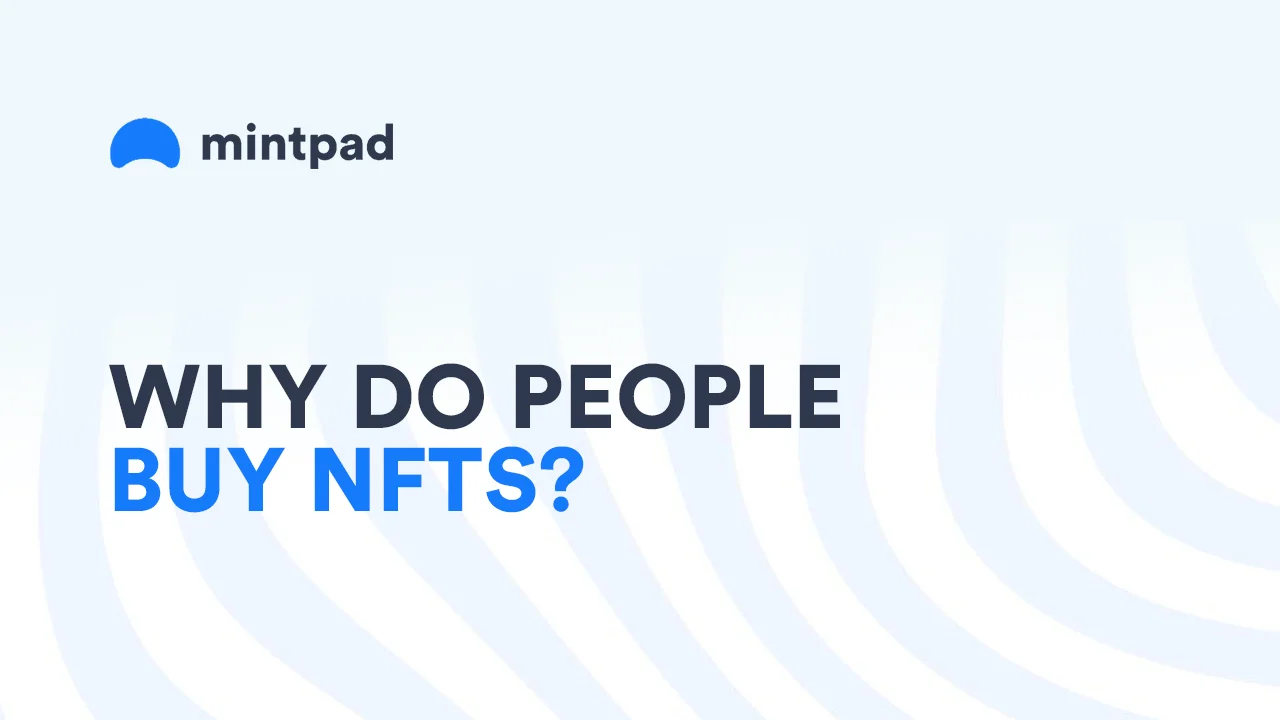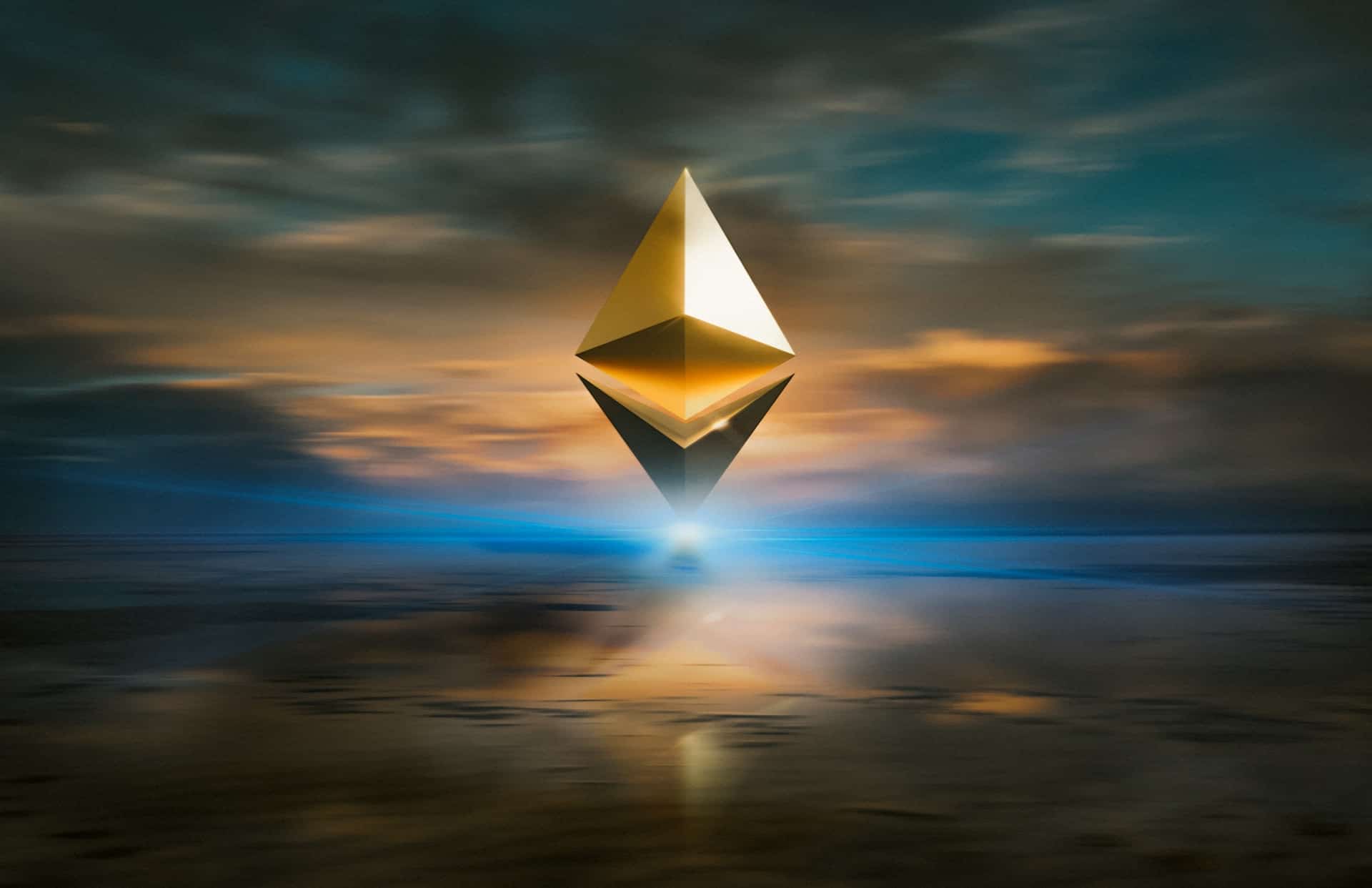Why Do People Buy NFTs? | Explained

In recent years, a new trend has taken the art and digital world by storm – Non-Fungible Tokens, or NFTs. NFTs have gained significant popularity, with some selling for millions of dollars. But what exactly are NFTs, and why do people buy NFTs? In this blog post, we will explore the fascinating world of NFTs and delve into the motivations behind their purchase.
Understanding NFTs
To comprehend why people buy NFTs, it’s crucial to understand what they are. NFTs are unique digital assets that exist on a blockchain, typically the Ethereum blockchain. Unlike cryptocurrencies such as Bitcoin or Ethereum, which are fungible and can be exchanged on a one-to-one basis, NFTs are indivisible and possess distinct characteristics that set them apart from one another.
The uniqueness of NFTs is a significant factor in their appeal. Each NFT represents a digital item, such as artwork, music, videos, virtual real estate, or even virtual pets. By tokenizing these digital assets, creators can establish ownership, rarity, and provenance, allowing for secure and transparent transactions.

Exploring the Motivations for Buying NFTs
1. Collectibility and Ownership
One of the primary reasons people buy NFTs is for the sense of ownership and the thrill of collecting. NFTs provide individuals with the opportunity to own a unique piece of digital art or content that holds value in the digital realm. Just like traditional collectors who acquire physical paintings or rare items, NFT collectors aim to amass a curated collection of digital assets.
2. Supporting Creators
NFTs offer a novel way for artists, musicians, and content creators to monetize their work directly. By selling their creations as NFTs, creators can receive a portion of the sales each time their NFT is bought or sold in the secondary market. This concept of ongoing royalties incentivizes artists and enables them to continue producing their art while receiving compensation for their efforts.
3. Scarcity and Exclusivity
Scarcity plays a vital role in the value of NFTs. Many NFT collections have limited editions, meaning only a specific number of tokens are available for purchase. The exclusivity of owning a scarce NFT can create a sense of prestige and status among collectors. Additionally, scarcity often drives up demand, potentially increasing the value of NFTs over time.
4. Speculation and Investment
Similar to traditional investments, some individuals purchase NFTs with the hope of making a profit. The NFT market has seen remarkable returns on investment, with certain pieces selling for significantly more than their initial purchase price. This speculative aspect attracts traders and investors who believe in the long-term potential of NFTs as a valuable asset class.
5. Virtual and Gaming Communities
NFTs have gained traction within virtual worlds and gaming communities. In these digital realms, NFTs can represent in-game items, virtual land, or characters, providing players with unique and tradable assets. Owning rare NFTs within a virtual community can enhance one’s gaming experience, showcase achievements, or even serve as a status symbol among peers.
The reasons why people buy NFTs are diverse and multifaceted. From the thrill of collecting to supporting artists and creators, the appeal of NFTs lies in their unique characteristics, ownership benefits, and the potential for financial gains. As the world continues to embrace the digital landscape, NFTs are likely to remain a significant part of the art, entertainment, and gaming industries, providing new opportunities for creators and collectors alike.
Remember, if you’re intrigued by the world of NFTs, make sure to conduct thorough research and exercise caution before making any purchases. Happy collecting!
Disclaimer: This blog post aims to provide general information and does not constitute financial or investment advice. Always do your own research and consult with professionals before making any financial decisions.
